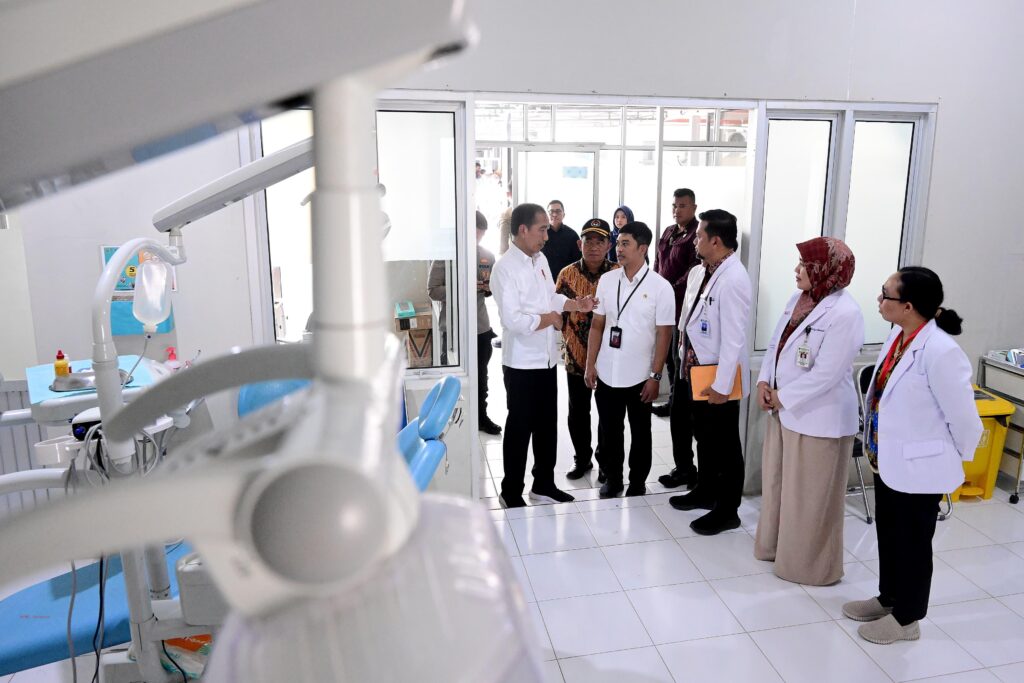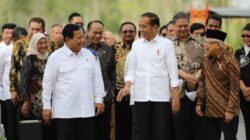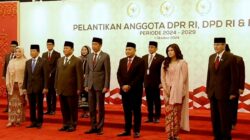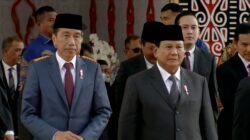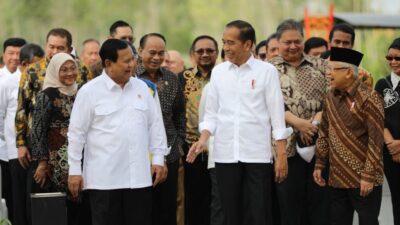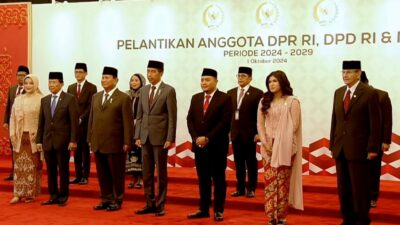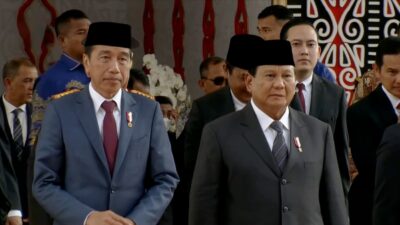Jakarta – Indonesia’s social welfare has seen a significant improvement over the past decade under the leadership of President Joko Widodo (Jokowi), especially in the areas of education, healthcare, and infrastructure, according to the Social Progress Index (SPI).
A report released by LSI Denny JA on Monday (September 30) highlighted these improvements, stating that SPI is an important tool for assessing how a government enhances the well-being of its citizens beyond just economic indicators.
“Indonesia’s SPI score has risen from 61.65 in 2014 to 67.22 in 2023, indicating improvements in various social welfare indicators. The country’s SPI ranking has also improved from 92nd to 80th, showing an improved standard of living despite ongoing challenges,” LSI Denny JA stated.
The report attributed the increase in social welfare to three main factors:
1. Access to Education: Jokowi’s administration implemented programs like the Kartu Indonesia Pintar (Smart Indonesia Card) to increase educational participation, especially among low-income families.
2. Healthcare Services: The National Health Insurance program (JKN) expanded access to healthcare, particularly for marginalized communities, leading to overall improvements in public health.
3. Social Infrastructure: Significant investments in infrastructure, such as roads and public facilities, have improved access to essential services, contributing to a better quality of life.
LSI Denny JA further explained the importance of SPI as a measure of success:
– Quality of Life Beyond GDP: SPI evaluates non-economic factors like education, health, and human rights, which are often overlooked by traditional economic indicators, even in countries with high GDP.
– Impact of Government Policies: SPI clearly shows how policies like expanding healthcare coverage and improving education access directly impact people’s quality of life.
– Global Comparison: SPI enables comparisons between nations, and Indonesia’s rise in the rankings indicates alignment with more developed countries in terms of social welfare.
The report also acknowledged Jokowi’s advancements in healthcare, education, and social protection programs, such as the Program Keluarga Harapan (Family Hope Program), which provides financial aid to impoverished families for basic needs like food and education.
In conclusion, LSI Denny JA stated that SPI reflects Jokowi’s success in enhancing basic needs, increasing education and healthcare access, and creating more economic opportunities.
“Based on the SPI, Jokowi’s 10 years in office can be seen as successful, but further efforts are needed to achieve full equality and social justice throughout all regions of Indonesia,” the report concluded. (RR)

